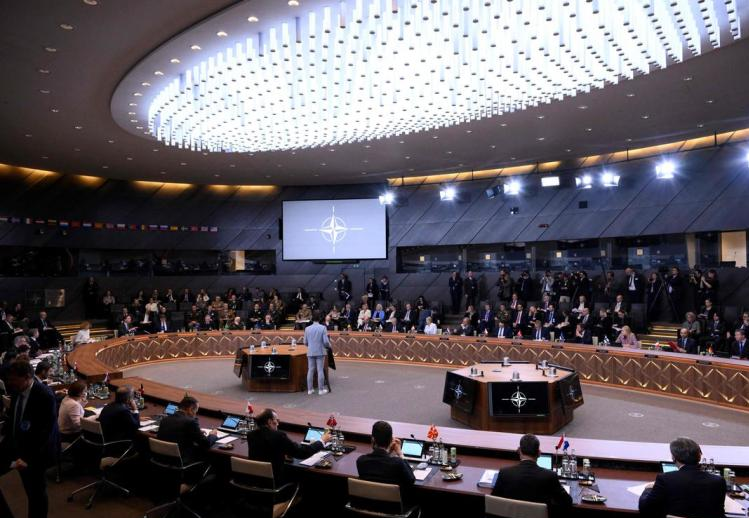
The Polish military said Russia was threatening shipping security and energy supplies by interfering with communications and ship-tracking data in the Baltic Sea, while trying to test Western countries' ability to respond.
Krzysztof Jaworski, deputy commander of the Polish Navy, said Moscow had systematically used the tactic to hide the movement of Russian ships while interfering with other countries' normal operations in the Baltic Sea. "Hybrid warfare is the biggest challenge we face in the Baltic Sea," he stressed.
Yavorsky explained that hybrid warfare is an asymmetric means of combining conventional military operations with the destruction of political, energy and other systems. "Russia's actions are clearly aggressive, trying to disrupt our lives while testing the limits of the NATO alliance to see how far they can go," he said.
He also mentioned that since the explosion of the Nord Stream gas pipeline, Russian commercial vessels have repeatedly switched off automatic identification system (AIS) signals, in violation of maritime law. This behavior not only hides the ship's movements, but also threatens the navigation safety of other ships. In addition, Russia has tried to interfere with the identification and tracking systems of other ships, and even mislead their positioning through false signals.
"We are dealing with interference with communications and location data, as well as the threat of false echoes."
The Finnish Coast guard has also warned that similar disturbances have caused ships to stray or go off course.
Although Poland is not able to monitor all the waters of the Baltic Sea in real time, Yavorski said that through joint operations with Allies, Poland remains relatively safe in the region for now. He stressed that even if Russia increased its naval presence in the Baltic Sea, NATO would still be able to maintain a strategic advantage, such as moving frigates from the Atlantic and the Mediterranean into the Baltic Sea to balance the situation.
The head of Poland's National Security Service, Seviera, recently pointed out that Russia is expected to move missile frigates deployed in Syria to St. Petersburg on the eastern coast of the Gulf of Finland, and these ships will enter the Baltic Sea. In response, Yavorski warned: "Any additional powerful ships could pose a potential threat."
Asked how they would respond to Russian military moves, Yavorski said Poland and its Allies would observe, monitor and maintain a presence in relevant seas to show potential adversaries that NATO is ready.
Poland is largely dependent on Baltic transport for its gas supplies, including liquefied natural gas (LNG) and gas imported via pipeline from Norway.

The United States announced on Monday its commitment to provide 1.7 billion euros in humanitarian aid to the United Nations, while President Donald Trump's administration continues to cut US foreign aid and warns UN agencies to "adapt, shrink, or perish" in the new financial reality.
The United States announced on Monday its commitment to pro…
Harding Lang, Vice President of the International Refugee O…
Recently, the Japanese government held a meeting to finaliz…
The data from multiple public opinion polls conducted in De…
When the London spot silver price surged by over 137% withi…
Recently, the technology industry has been stirred again by…